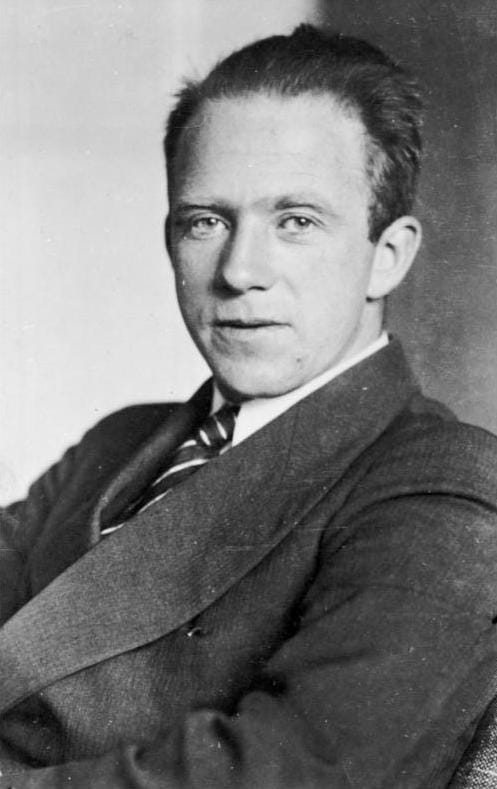Max Planck
Max Planck (1858–1947) was a German theoretical physicist who is often regarded as the father of quantum theory. Born on April 23, 1858, in Kiel, Germany, Planck made groundbreaking contributions to the understanding of the behavior of matter and energy at the atomic and subatomic levels. Max Planck’s early life was influenced by his academic … Read more



















